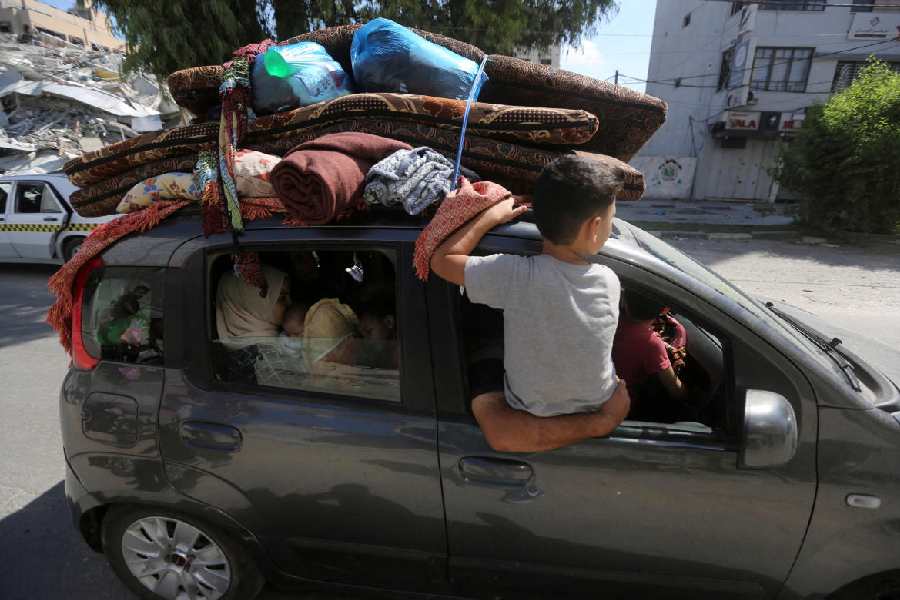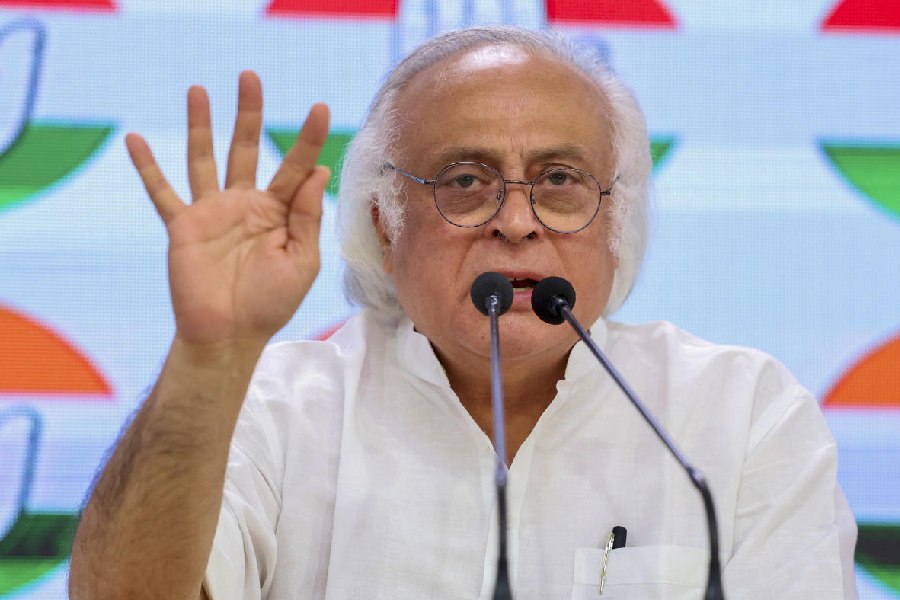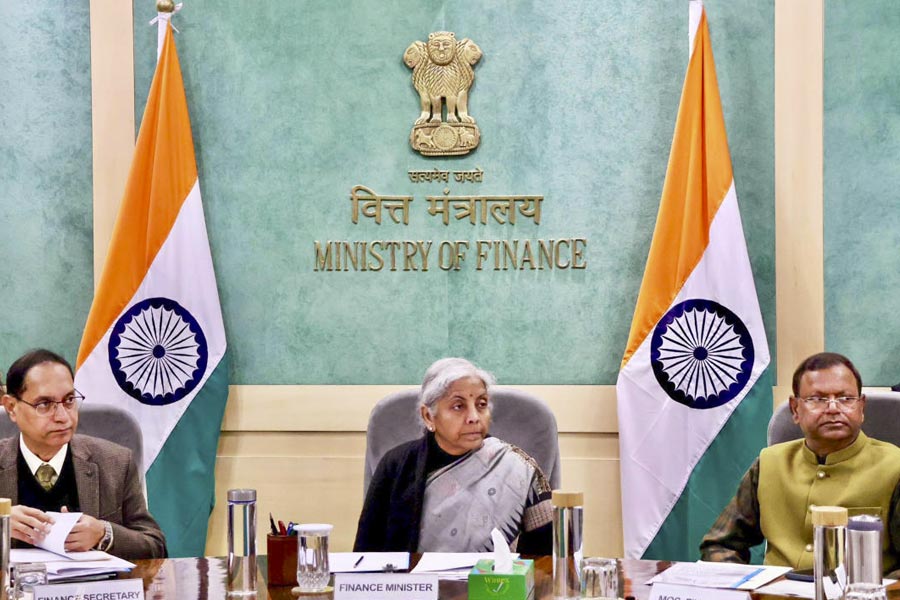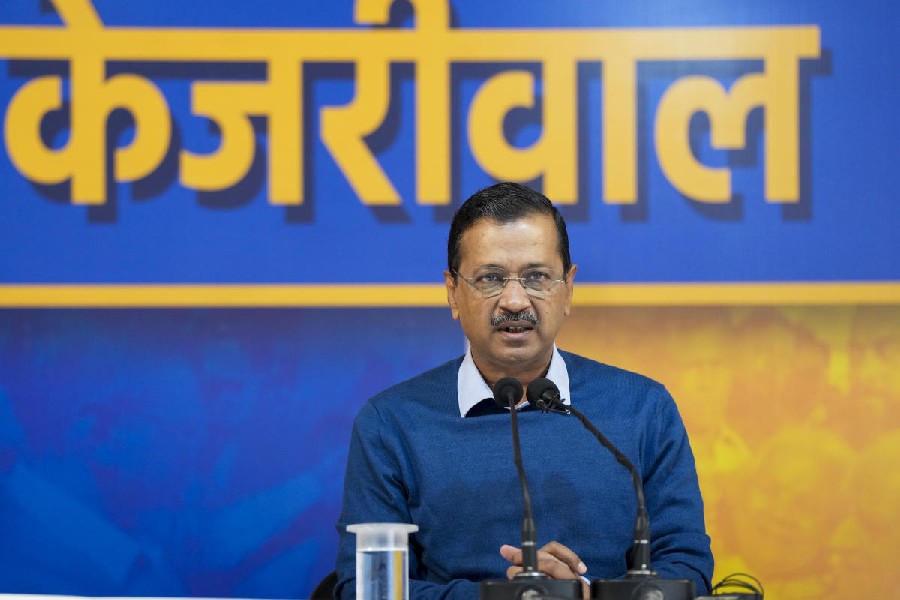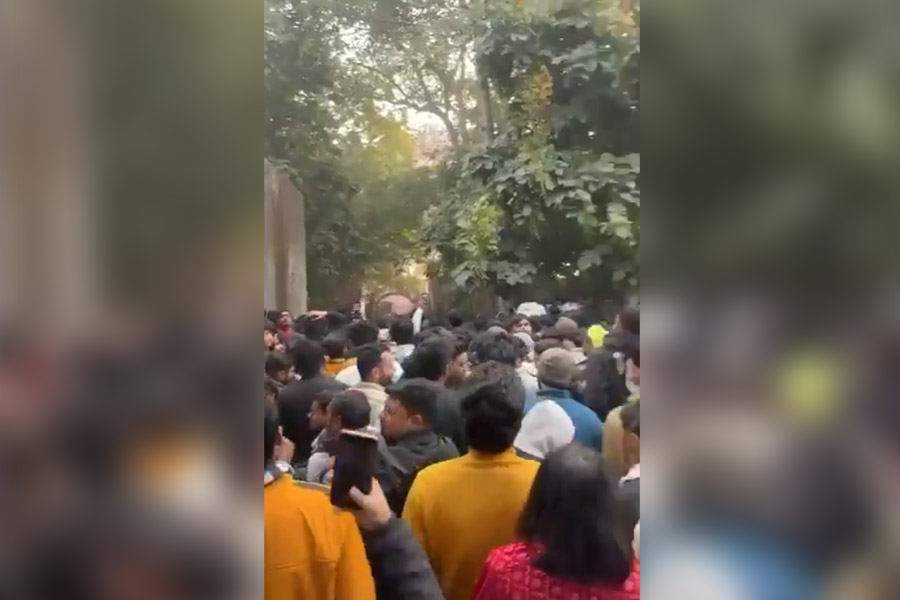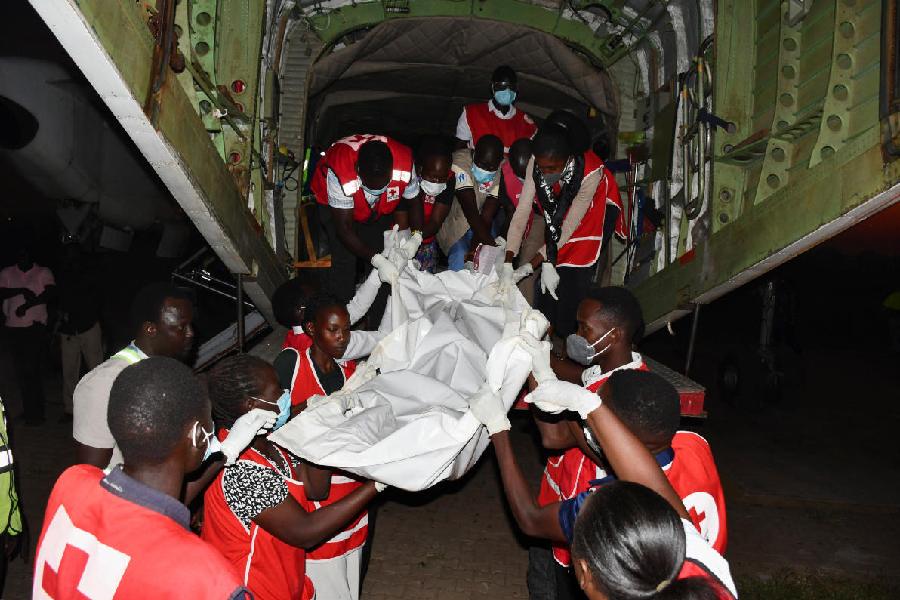In Gaza City and Jabalia refugee camp, cut off from the rest of the Gaza Strip and encircled by Israeli troops after three weeks of blockade and bombardment, residents are struggling through a siege within a siege.
With little electricity or fuel, amid constant air and artillery strikes and with few hospitals still functioning, they are bracing for an intense battle in their neighbourhoods.
“No one sleeps under the bombing. My children keep jumping up and crying at every air strike,” said Abu Abdallah, a Gaza City resident whose home has been bombed and who is staying in the Jabalia camp with relatives.
Israel ordered all civilians to leave the northern half of the tiny, crowded Gaza Strip last month, saying in messages dropped by helicopter that any who stayed might be mistaken for Hamas militants.
Its military cut the north off this week and said on Thursday it had encircled Gaza City and Jabalia camp while continuing to bomb sites across the south. Citing those strikes and fears that they would not be allowed back home later, many residents of Gaza City have refused to leave.
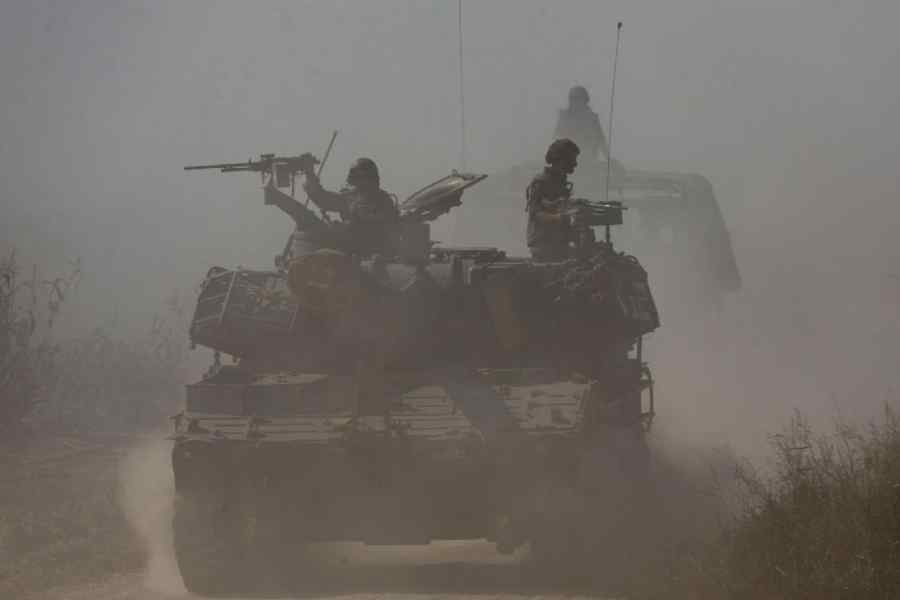
Israeli soldiers ride atop an artillery unit near the Israeli side of the border between Israel and the Gaza Strip. Sourced by The Telegraph
“Now we are trapped, but we are home,” said Abu Abdallah, who did not give his full name, fearing Israeli reprisals, and accused Israel of waging a war of starvation on the people of Gaza.
Israel has vowed to destroy Hamas, whose militants stormed Israeli fortifications and towns on October 7, killing 1,400 people and abducting around 240 others.
It says its war is against the militant group, not ordinary Palestinians, and accuses Hamas of embedding in residential areas to draw strikes on civilians.
Health authorities in the Hamas-controlled enclave say Israel’s bombardment since October 7 has killed 9,227 people including 3,826 children. It said strikes on Jabalia this week killed hundreds of people.
Footage obtained by Reuters showed the aftermath of a strike on Friday at Beit Lahiya near Gaza City, with bloodied, dust-covered people including a toddler leaving an ambulance and medics examining the injured lying moaning on a hospital floor.
Shortages
Israel cut off fuel supply to Gaza along with electricity immediately after the October 7 attack and Gaza health authorities have said most medical services may shut down. Israel says Hamas has taken fuel from hospitals.
Food and medicine supplies, brought in across the Rafah border crossing with Egypt since last week, are only going to southern parts of Gaza.
“Food is a problem, water is a bigger problem and there is no fuel or power except for a few hours from the solar panel,” said Abu Abdallah, speaking by phone.
In southern parts of the enclave, the lack of clean water means many people have started using seawater to bathe and clean, while full hospitals and the fuel shortages mean doctors are struggling to help the sick and wounded.
On the shore at Deir al-Balah, between Gaza City and the main southern city Khan Younis, a group of children were filling containers with seawater. Men cleaned cooking pots.
“A lot of our children come here and swim in seawater, but the sea water is salty, it is not made for children to bathe in - they have no water to wash the salt off,” said Alaa al-Bardini, a Deir al-Balah resident.
Israel says it has turned water supplies back on in southern Gaza after initially cutting them off. However, residents say there is still almost no water and without electricity, people cannot pump it from ground reserves or up into houses.
Massive queues grow near bakeries as people wait hours for a chance to buy small amounts of bread. “We’ve been out since dawn queuing for bread... we can’t bear any more of this,” said Hussein al-Nadi, outside a bakery in Khan Younis.
With hospitals full, Dr Hassan Zain al-Din has started doing home visits to the UN schools where thousands of displaced people are sheltering. As there is no fuel, he does the 15km trip by bicycle.
“Sometimes there is bombardment and the road is damaged so I have to carry the bike on my shoulders and walk away until I’m past the rubble and destruction,” he said.

